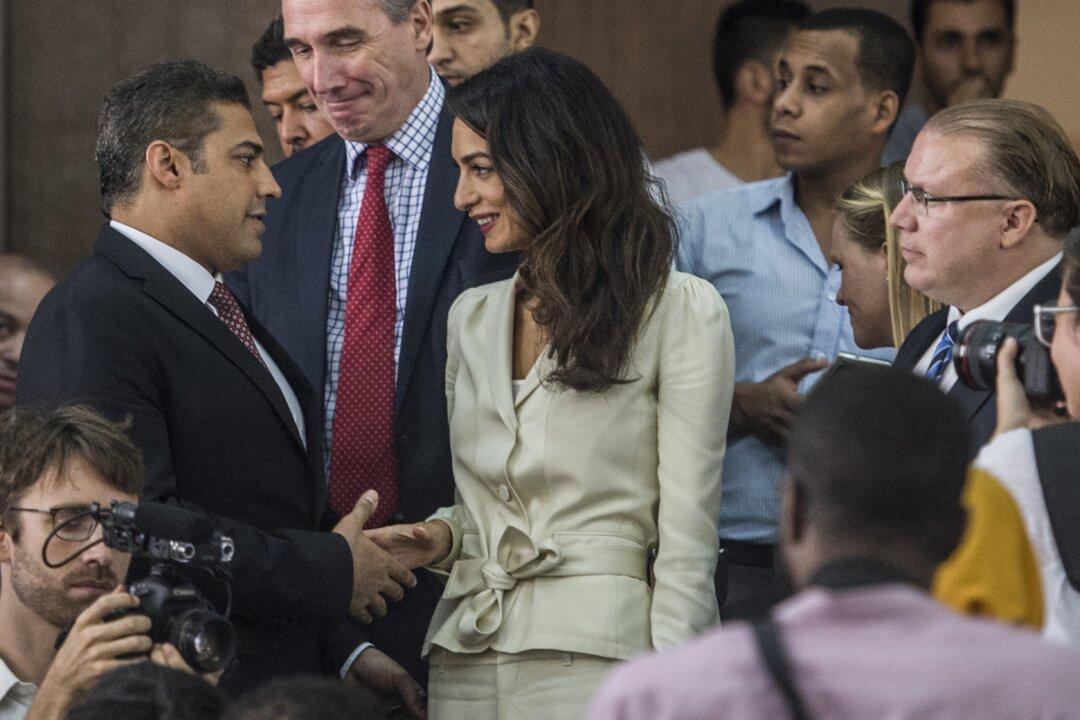Australia could be a global leader of human rights by introducing laws banning international criminals from entering the country, Amal Clooney says.
The top human rights lawyer has urged federal politicians to introduce the Magnitsky Act.

Australia could be a global leader of human rights by introducing laws banning international criminals from entering the country, Amal Clooney says.
The top human rights lawyer has urged federal politicians to introduce the Magnitsky Act.